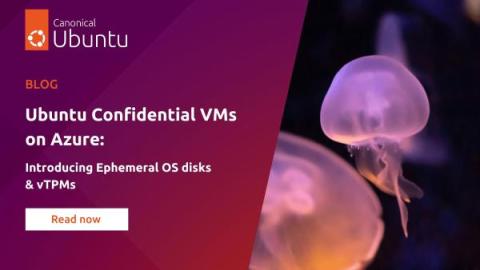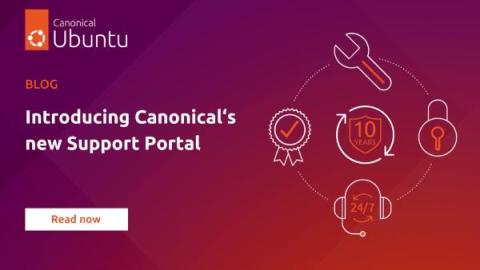AI in 2024 - What does the future hold?
2023 was an epic year for artificial intelligence. In a year when industry raced faster than academia in machine learning (source), the state of the art for AI evolved to include increasingly larger amounts of data, and bringing to bear sufficient computing resources to support new use cases remained a challenge for many organisations. With the rise of AI, concerns were not far behind.











